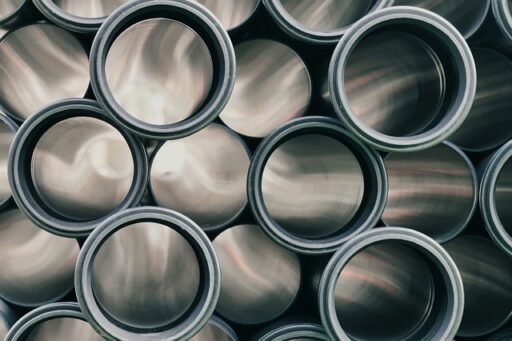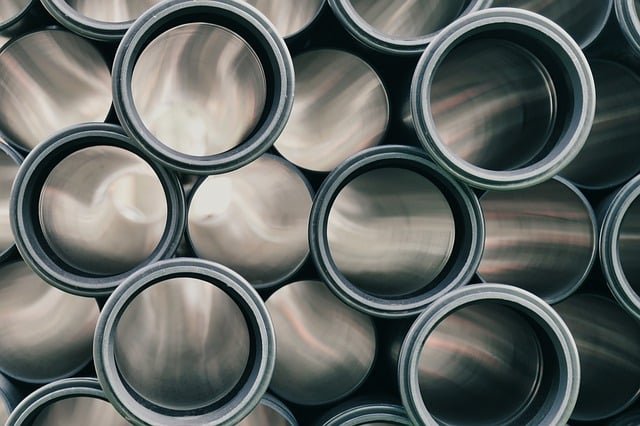## The Indispensable Role of Plastics in Modern Food Systems
From farm-fresh produce lining supermarket shelves to pre-portioned meals ready for the microwave, plastics are deeply intertwined with how we access and consume food. While often subject to scrutiny, the reality is that plastics offer a unique combination of properties that contribute significantly to food safety, accessibility, and sustainability. Understanding these benefits is crucial for informed decision-making in our modern world.
### ## Packaging Powerhouse: Preserving Freshness and Reducing Waste
One of the most prominent roles of plastics in the food industry lies in packaging.

Think about the last time you picked up a punnet of strawberries or a bag of salad greens. Chances are, they were encased in clear, lightweight plastic. This is no accident. Plastics provide a protective barrier against moisture, oxygen, and pests, all of which can accelerate spoilage. This extended shelf life translates to reduced food waste – a critical factor when considering the environmental impact of food production.
Moreover, the versatility of plastics allows for innovative packaging solutions. Modified Atmosphere Packaging (MAP), for instance, utilizes specific gas mixtures within plastic packaging to slow down the natural ripening process of fruits and vegetables. This technology significantly extends the time produce remains fresh, benefiting both consumers and retailers.
### ## Beyond the Grocery Bag: Ensuring Food Safety at Every Step
The benefits of plastics extend far beyond preserving freshness. Food safety is paramount, and plastics play a vital role in preventing contamination throughout the supply chain.

From durable plastic crates used for transporting ingredients to the hygienic plastic films that seal individual yogurt containers, these materials provide a reliable barrier against external contaminants. This is particularly crucial for vulnerable foods like meat, poultry, and dairy products, where even minor contamination can have serious health consequences.
Furthermore, the use







